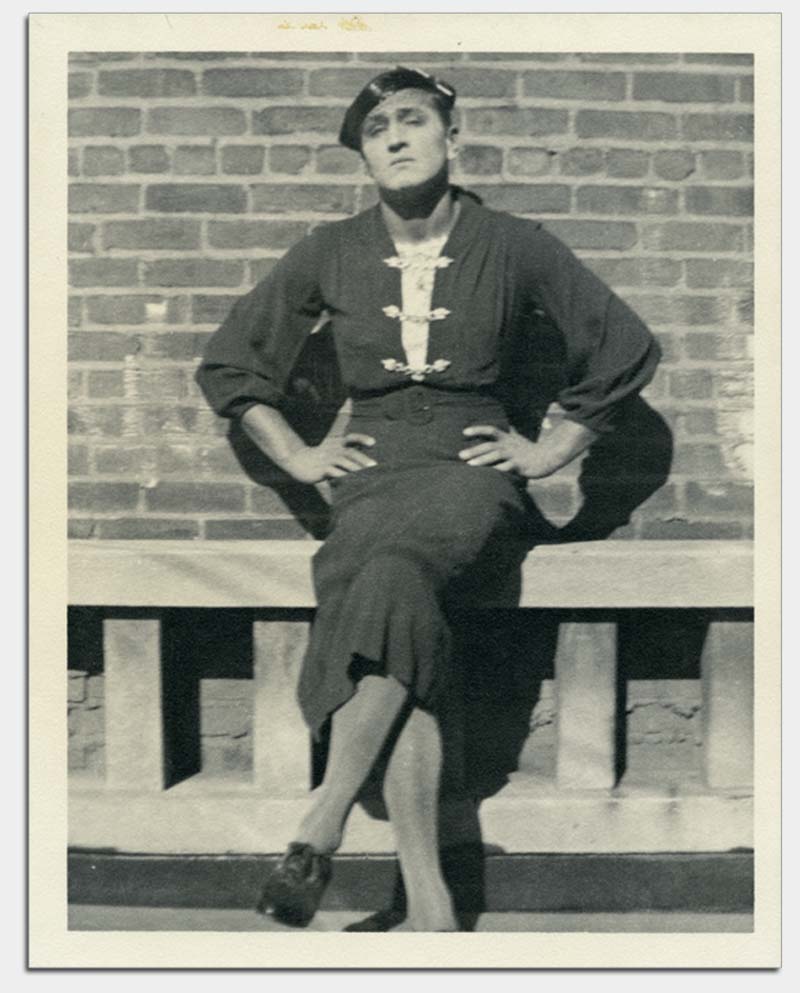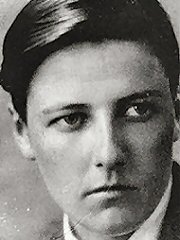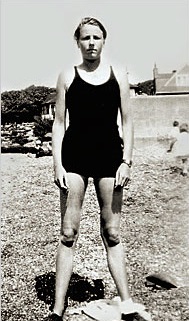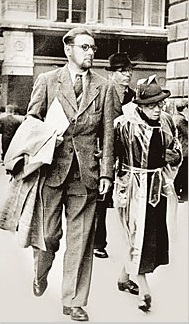
Self brought him
to the attention of Roberta Cowell (born
Robert Cowell), who would become the first British trans woman to
receive
male-to-female sex reassignment surgery.
Though Dillon
was not yet a licensed physician, he himself
performed an orchidectomy on Cowell, since British law made the
operation
illegal. Cowell's vaginoplasty was later performed by Gillies.
Michael fell in
love with Roberta. Cowell was the only woman
who might understand and even love him. Dillon had written an obscure
book about
hormones and transsexuality, which Cowell read. With Dillon’s help,
Roberta
could become Dillon’s modest fantasy: a woman to whom he could reveal
his
secret (“a semierect, mostly numb sexual organ that resembled a small
party
balloon”), and who might have him anyway.
Dillon had
not revealed his own history , but it came to
light in 1958 as an indirect result of his aristocratic background.
Debrett's
Peerage, a genealogical guide, listed him as heir to his brother's
baronetcy,
while its competitor Burke's Peerage mentioned only a sister, Laura
Maude.


